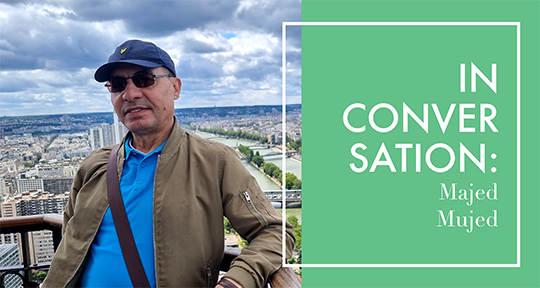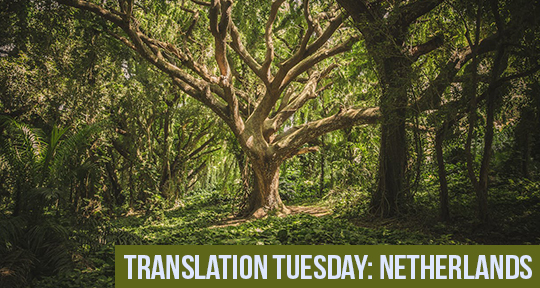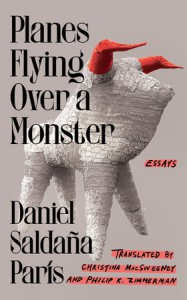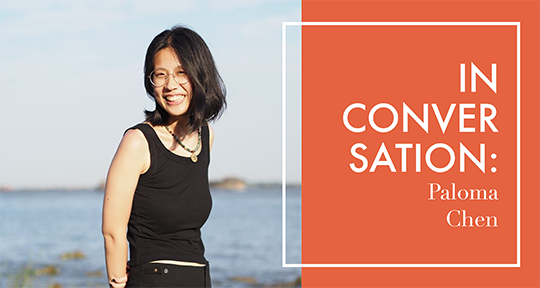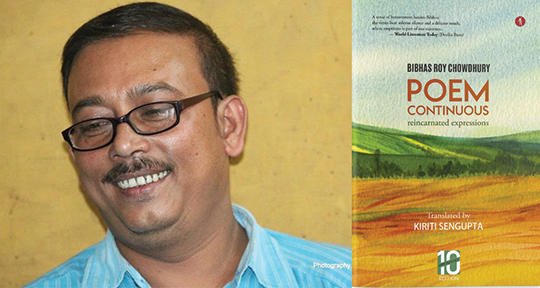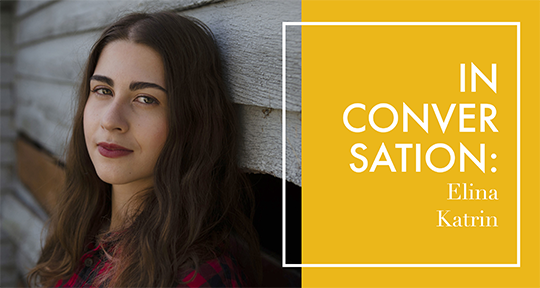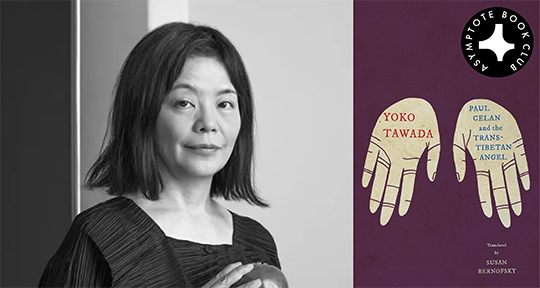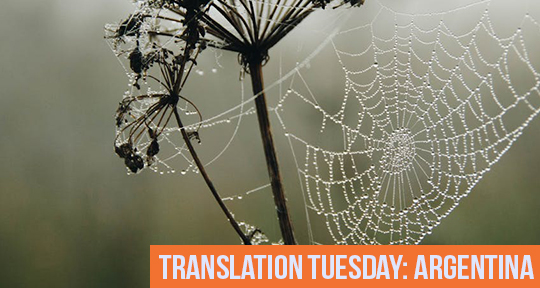Life is a perpetual conflict between love and war, their supposedly diametric imageries pervading our consciousness. In literature, our depictions of love have adopted the imagery of war to convey the depths of human emotion, and to describe and further lovers’ means and ends. Astonishingly, Iraqi writer and journalist Majed Mujed goes beyond imagery to present love as war, and war as love. “My poems are infused with love,” says Mujed, “even if they sometimes depict the struggles that I and the people of my country have faced.”
Majed Mujed had published six poetry collections in Arabic and received several awards in his native Iraq. Before moving to Ireland in 2015, Mujed worked in Iraq as a journalist and a cultural section chief of Iraqi official newspaper, al-Sabbah, and editor in other local Arabic journals and magazines. He is the recipient of the inaugural “Play It Forward Fellowship Programme,” a pilot programme lasting for eighteen months, offered by The Stinging Fly and Skein Press, and supported by the Arts Council of Ireland. This program aimed at creating pathways for writers to develop, showcase, and publish their work.
Mujed’s The Book of Trivialities, published by Skein Press in 2023 and artfully rendered into English by Kareem James Abu-Zeid, features Mujed’s original Arabic poems alongside their English translation. In my review of the book in Poetry Ireland Review Issue 141, edited by Nidhi Zak/Aria Eipe, I wrote: “The Book of Trivialities is at once an immersion into a war-torn country and discovery (or rediscovery) of a unique voice in Arabic poetry. This beautifully lush book mirrors our own potential and challenges the violence and materialism of the post-20th century.”
In this interview, I spoke with Mujed on the meaning of poetry, the process of translation, love, war, death, and more. This interview was conducted in Arabic, and I translated it into English.
Ibrahim Fawzy (IF): What’s your definition of poetry? And how can poetry change the world?
Majed Mujed (MM): Poetry, in my view, is the wellspring of human emotion, a symphony of words that resonates with the deepest chords of our being. It is the art that captures the essence of our existence, speaking to our divine nature and the enduring principles that govern our lives. Poetry, when imbued with innovative aesthetic and artistic qualities, leaves an indelible mark on our consciousness. It expands our horizons, deepens our understanding of truth, and fosters acceptance of its consequences. This transformative influence prioritizes the humane aspects of our being, steering us away from violence and oppressive behaviours. The impact of poetry extends beyond the realm of words, encompassing the broader spectrum of art, intellectual pursuits, and philosophical endeavours. When we declare that art has the power to change the world, we are essentially acknowledging its potential to transform humanity. By challenging our rigid thought patterns and moral compasses, creative expression can reshape our cultural and artistic perceptions, ultimately promoting values of justice, shared goodness, and generosity. READ MORE…

